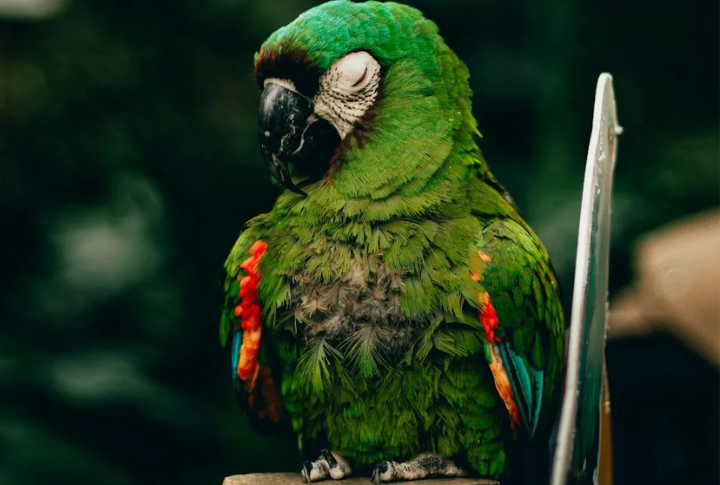
You wouldn’t expect answers about human aging to come from the animal world, but that’s exactly where researchers are digging in. It’s not about comparing wrinkles; it’s deeper than that. Think behavior and biology. Every species tells its own version of the aging story, and in those details, scientists are finding patterns that could matter more than we know.
Elephants That Never Forget

Did you know elephants rarely show signs of dementia? Their cognitive skills remain sharp well into old age. Scientists study their brains to understand how memory works and what protects it over time. The answers might help humans battle Alzheimer’s and other age-related diseases.
Sea Turtles Defy Time And Offer Clues

Picture this: A sea turtle gliding through the ocean, still reproducing at 80. Unlike many species, this reptile barely slows down. Biologists examine cellular activity to explore why some organisms age more slowly. This resilience could help create new approaches to human aging and fertility.
Sand Puppies Break All The Rules

Meet nature’s surprising rebels. The Sand Puppy, also known as “Heterocephalus glaber,” lives over 30 years, unheard of for a rodent. Instead of slowing down, these underground dwellers stay spry with age. Cancer barely touches them. Mortality rates don’t spike with time. That’s not normal, and we are fascinated.
Older Dogs Help Decode Human Health

Dogs grow old with us, and their health mirrors ours in fascinating ways. Veterinarians and scientists track their aging process to study heart issues and even mental decline. Because they share our environment, these loyal companions are proving to be powerful scientific partners.
Parrots With Memories That Span Decades

Parrots can live over 60 years and remember faces and even words from decades ago. Their complex brains offer clues to long-term memory retention. Neurons that stay strong through time compel us to explore what we might learn from their cognitive strength.
Whales Age Gracefully And Quietly

Some whale species live over 200 years with barely any signs of aging. They avoid age-related illnesses and maintain organ function for centuries. Marine scientists dive deep into their biology, seeking out what genes help them beat the clock. Longevity secrets might just lie in the oceans.
Senior Chimps Show Us The Social Side Of Aging

In the wild, older chimpanzees lead by example. With a show of emotional control and conflict resolution, they pass on survival skills. Behavioral scientists study how social roles evolve with age. What they uncover gives insight into human aging and the importance of community during later years.
Cold-Blooded Longevity In Alligators

Alligators live for decades, sometimes over a century, with no typical signs of aging like muscle loss or organ failure. Researchers are curious about their regenerative abilities and immune function. These ancient reptiles might not just survive; they may thrive in ways that surprise us all.
Lab Mice With Extended Lives Reveal Breakthroughs

It sounds simple, but extending a lab mouse’s life by just a few months offers vital insights. Scientists experiment with diet, gene editing, and medication on elderly mice. Every added day reveals patterns and processes behind human aging and helps us design better treatments.
Aging Beehives And The Wisdom Of The Queen

A queen bee can live far longer than worker bees, maintaining fertility and leadership. Entomologists dig into what sets her apart biologically. What triggers this extended life, and what keeps her productive? The hive’s hierarchy might provide powerful insight into hormonal and genetic aging controls.

